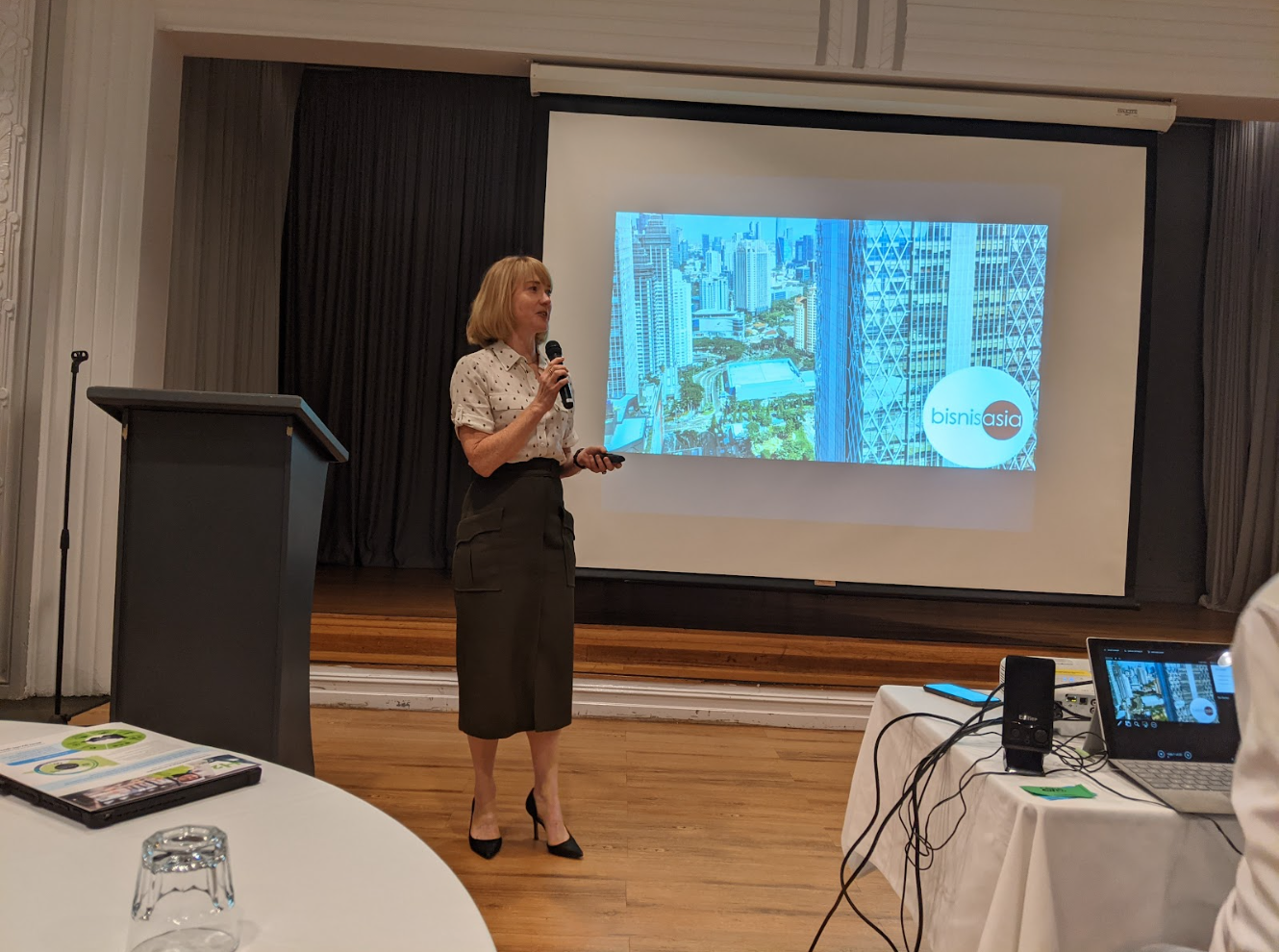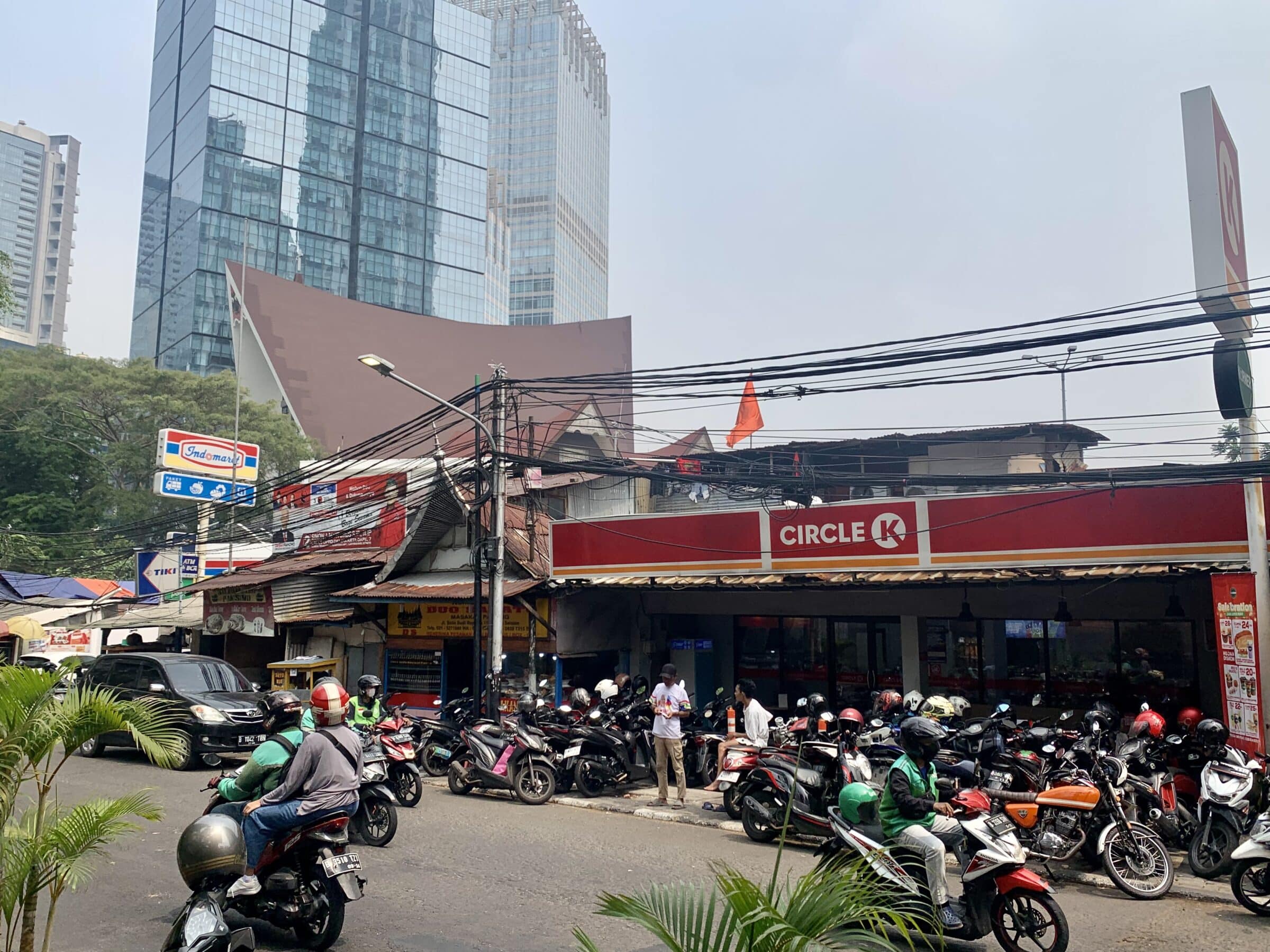
For many on the export journey the to-do list seems clear. It means items such as understanding the consumer need and price point, meeting the regulations, getting the paperwork right and and having a logistics pathway.
Cultural understanding has got to be on that to-do list as well. And that means more than knowing how to hand out a business card (which is at least a start). It means making an effort to show respect for the ‘unseen rules’ and knowing how to manage them to align with your business plan and values.
For many who are working with new markets, for instance, in Asia, it is easy to imagine that as long as you have done your full market research and have the right product and contracts, your entry should be assured. This is often the viewpoint of a Western business which is used to operating in a certain environment. And it will likely go into a market expecting, strangely, that the people doing business will act and speak the same way as them.
There are many tales of a western business that has been left scratching its head because what seemed like a good opportunity has not gone as well as “it should have” while not even considering if it was their words and actions that had an impact on the outcome.
One of the most common scenarios is at the early stages of a customer journey, and it goes something like this.
A company representative has met a potential customer at a trade fair or through business matching, and the initial conversation has gone very well. There is an exchange of emails, maybe some pricing and specifications, and what seems to be a good product and market fit, and desire to come to an agreement. After a few months however there is not near as much progression as would be considered normal. The Western business person is still having to respond to a range of messages asking for more information, or has found that the communication has simply gone cold.
I spoke at an agriculture innovation seminar in regional Victoria last year. The city of Mildura is the centre of a region that supports multi-million dollar food businesses that sell into Asia. The depth of the trade and understanding of those in market is significant. The table grape industry hit record exports in 2020 worth $623m with more than 70% of production in the Sunraysia area.
Growers and member organisations have worked hard to bring themselves closer to the buyer, which has included building the skills and knowledge to work with a culturally diverse customer base to enable problem solving and customer satisfaction.
This industry has members who are examples of the value of cultural capability. Knowing how to build a relationship and maintain it with a customer, and then read the signals in a culturally appropriate way about the actual status of a proposal or deal, is a fundamental skill of doing business overseas.
“Culture is one of the most crucial elements and components of the success the people always talk about. But in the actual execution side of the story, there are so many failures.” Dale Kim, former CEO of LINE Indonesia
The skills required are often under-valued perhaps because the outcome is not as obvious as the transactional aspects of cementing an agreement. According to a report by the Business Council of Australia (“A Second Chance” 2020) there are eight drivers of success in Asia markets, and these are all about strategy and relationships, including understanding local business practice and having a long term vision.
For someone used to a western context, making an adjustment can be challenging, however those who make the effort have discovered longer-term benefits.
“Cultural capability was definitely challenging at first but over time I found that it’s definitely a strong soft skill and a strong skill to actually have which can translate into other markets and cultures as well.” Fil Filiposki, Cyber-Security Hub Co-Founder.
We know that international trade is valuable for many reasons – it helps drive growth and tap into new opportunities, diversifies revenue and improves operations by having to compete against best global practice.
Working with an overseas customer should also be a chance to build cultural capability and promote stronger global links and practices. How you behave, especially in those first few years, can put you a step ahead and develop a deeper level of trust that can withstand the inevitable shakes.





